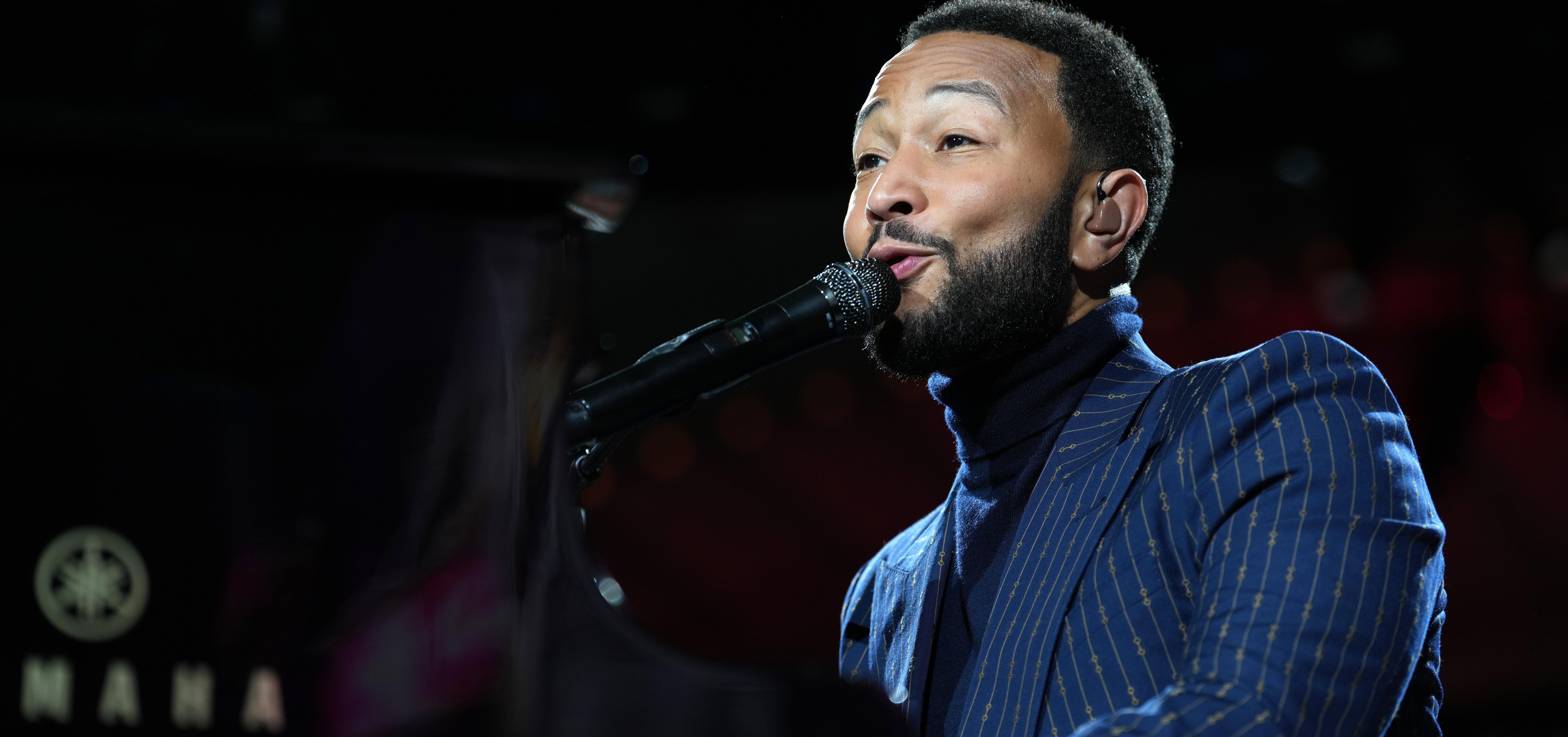Cognitive Behavioral Therapy Improves Pediatric Migraine Symptoms
Research By: Scott Powers, PhD
Post Date: June 26, 2019 | Publish Date: Dec. 25, 2013

A groundbreaking study published Dec. 25, 2013, in JAMA demonstrates that cognitive behavioral therapy (CBT) led to greater reductions in headache frequency and migraine-related disability compared with headache education.
Led by Scott Powers, PhD, Co-Director of the Headache Center at Cincinnati Children’s, the study randomly assigned 135 participants with chronic migraine to CBT or headache education. When the trial started, participants reported an average of 21 of 28 days with a headache and a PedMIDAS of 68 points, indicating a severe grade of disability.
Those receiving CBT reported a decrease of 11.5 headache days vs. 6.8 days with headache education. A year after treatment, 86 percent of CBT participants had a 50 percent or greater reduction in days with headache vs. 69 percent of the headache education group.
“Now that there is strong evidence for CBT in headache management, it should be routinely offered as a first-line treatment for chronic migraine along with medications and not only as an add-on if medications are not found to be sufficiently effective,” the co-authors wrote.
Cincinnati Children’s has built a national reputation for expertly diagnosing and treating a variety of headache disorders, including migraine and tension headaches. We are the only pediatric center in the United States to be recognized as an Advanstar Clinical Center of Excellence in Headache Medicine by Medical Economics.
| Original title: | Cognitive Behavioral Therapy Plus Amitriptyline for Chronic Migraine in Children and Adolescents |
| Published in: | JAMA |
| Publish date: | Dec. 25, 2013 |
Research By








